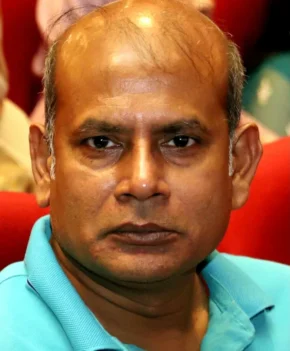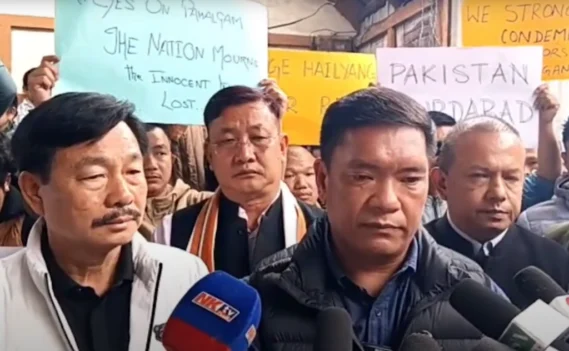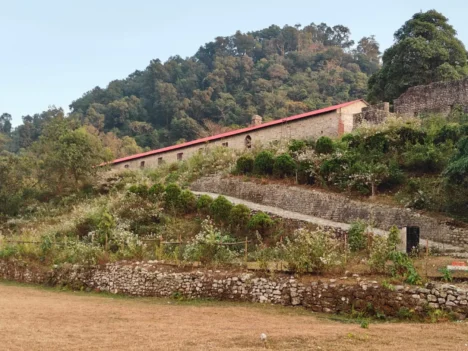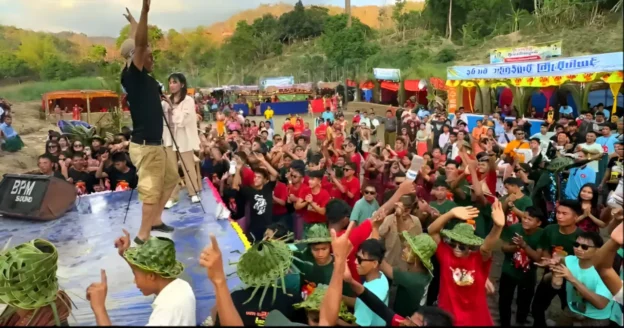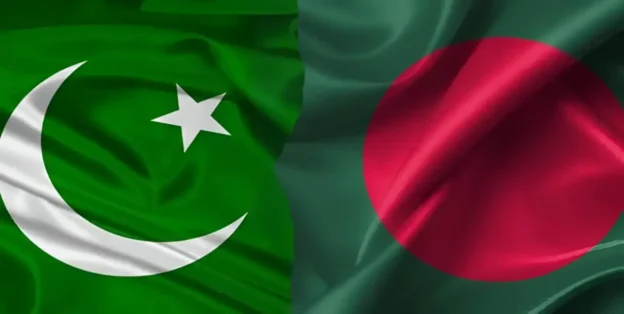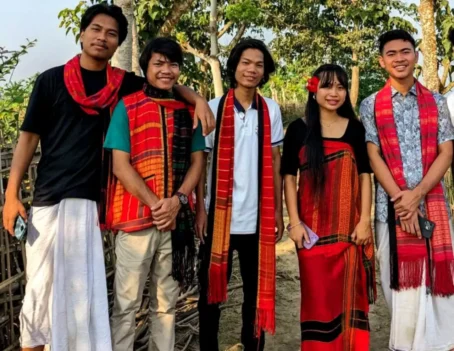After facing severe backlash from various sections of the international community, the Bangladesh interim government has attempted to downplay the controversial notification issued by the Ministry of Cotton and Jute. The directive, which followed instructions from the Personnel Department of the President of Bangladesh on August 24, called for a list of Joint Secretary-level Hindu officers to be provided by September 2, 2024.
According to media reports, Brig. Gen. (retired) Shakhawat Hossain, adviser to the Ministry of Textile and Jute, acknowledged the authenticity of the letter but attributed the situation to a “clerical error.” Hossain claimed the error led to a misunderstanding, resulting in unnecessary panic. India Today quoted Hossain as saying, “It was a routine exercise to update the list and forward it to the president’s office for the purpose of sending an invitation to the Hindu officers from the government for Durga Puja Dashmi, which is hosted by the president every year.”
However, this explanation has done little to quell concerns, with many questioning why the purpose of the list was not mentioned in the initial directive. The Rights and Risks Analysis Group (RRAG), the New Delhi-based rights organisation that raised the allegations, remained firm in its stance. Suhas Chakma, leader of the RRAG, stated, “I refuse to buy the argument that it was for Puja invite,” reinforcing the group’s accusations of racial profiling.
The controversy erupted on Thursday when allegations against the interim government began circulating, suggesting that the collection of names of Hindu officials was an act of racial profiling. The RRAG, led by Suhas Chakma, had accused the Bangladesh interim government under Prof. Muhamad Yunus of targeting Hindu officials, escalating tensions.
In its press communique, the RRAG called for the intervention of the United Nations Special Rapporteur on contemporary forms of racism, the Special Rapporteur on freedom of religion or belief, and the Special Rapporteur on Minority Issues. The organisation argued that the government’s actions represented a violation of “UN human rights laws relating to racial discrimination and the rights of minorities” and urged the UN Rapporteurs to take immediate action. The group shared a copy of the order dated August 29, 2024, from the Ministry of Cotton and Jute, describing it as a clear case of religious profiling.
Observers in Bangladesh, speaking anonymously, expressed surprise that the notification omitted any reference to the Durga Puja festival. “Does this mean that the government is afraid of mentioning a Hindu religious festival on its letter?” asked Taufiq, a local activist who had initially supported the student protests against the government.
Others have pointed out that, even if it was an administrative error, the interim government should have officially clarified the situation. Failure to do so, they argue, might signal fear of hardliner elements who appear to have gained influence in Bangladesh. “This will unnecessarily give a chance for hardliners to flex their muscle,” commented a seasoned political activist from Rangpur.
The rise of Islamist elements in Bangladesh has created an increasingly hostile environment, particularly for minority communities. On Wednesday night, a Hindu youth, Utsab Mondal, was brutally murdered in a mob attack in the Sonadanga residential area of Khulna. The attack followed allegations that Mondal, a student at Azam Khan Government Commerce College, had made derogatory remarks about the Prophet Muhammad. Supporters of Islamist groups in the country have been harassing and attacking those they deem anti-Islamic, fuelling a climate of fear and violence.
The racial profiling controversy, combined with increasing religious tensions, has only added to the growing sense of lawlessness in Bangladesh, leaving minorities increasingly vulnerable to targeted attacks and persecution.


